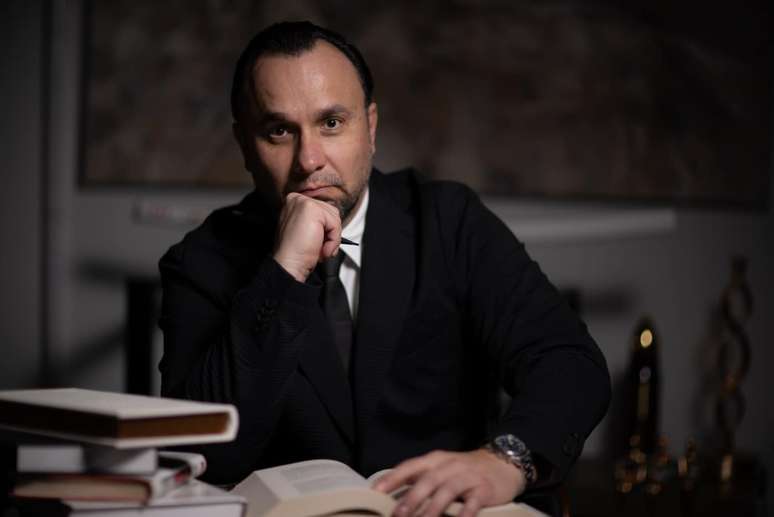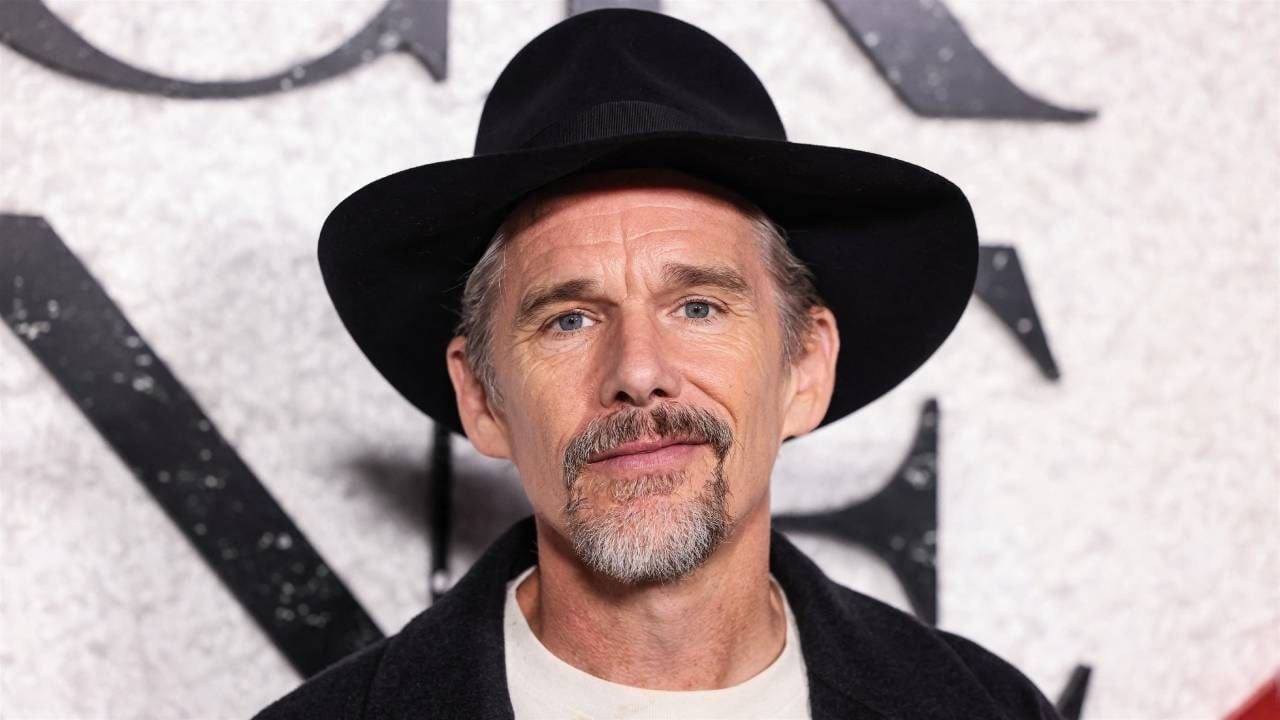The expert analyzes the transformation of the Brazilian migratory profile between tariffs and diplomatic tensions between Brazil and the United States
The desire to live in the United States has never disappeared. It simply changed shape. In a scenario characterized by high taxation, stricter immigration rules and delicate diplomatic relations between the two countries, Brazilians who dream of living legally in the United States have begun to look for more technical, safe and planned paths.
According to lawyer Daniel Toledo, a specialist in international law, honorary professor at Oxford University and member of the OAB Santos Commission on International Relations, the new immigrant is more perceptive. “The dream is still alive, but now it requires preparation and responsibility. Many have spent small fortunes on illegal attacks and today live under constant risk. Correct information and planning change this fate,” he says.
Planning and legal reality
At the helm of Toledo and Advogados Associados, a boutique firm with offices in Sao Paulo and Houston (USA), Toledo mediates between desire and legal feasibility. The increase in diplomatic tensions witnessed by the escape of 88 deportees in handcuffs in January 2025 and the “tariff”, which increased import taxes by almost 90% up to 50 US dollars, have contributed to a change in behavior.
“These events represented a watershed moment. Brazilians have understood that it is no longer appropriate to improvise when it comes to immigration. What is needed is strategy, solid documentation and a technical understanding of American rules,” observes the lawyer.
Between August 2024 and September 2025, the number of applications for EB-2/NIW, EB-5, O-1 and L-1 visas grew significantly, according to State Department data. Toledo explains that this increase is due to the strengthening dollar and the increased search fordollarized assets, such as real estate and businesses in the United States. “With the appreciation of the US currency and the tax pressure in Brazil, the North American market also began to be seen as a form of asset protection. But the rules have become more complex and require a refined legal perspective,” he points out.
In September 2025, the US government held final action dates for EB-2 and EB-3 visas without progress, signaling annual exhaustion of quotas. For Toledo, the scenario reinforces the need for offices with a physical presence in the United States. “Correct interpretation of the rule and practical experience are what define the success of a process. It’s not just about filling out forms, but about thoroughly understanding the system,” he emphasizes.
A model of artisanal defense
Founded more than 20 years ago, Toledo and Advogados Associados has established itself as a boutique specializing in strategic immigration and international law. The multidisciplinary team of lawyers, economists and accountants — works in an integrated manner in the legal and financial planning of clients seeking residency, investment and business expansion in the United States.
“The boutique concept is not aesthetic, it is methodological. Our work is artisanal. Each case has a different story, context and purpose. The lawyer’s role is to transform this story into a solid legal structure within American law,” Toledo defines.
Based in Houston, one of the fastest growing hubs for Brazilians and Latin Americans, the office has expanded its activities into business immigration, business structuring and investment advice in the agribusiness and real estate markets. The American unit handles complex cases, such as EB-5 visas, which require a minimum investment of $800,000 and the creation of ten full-time jobs. “An error in judgment can make the visa unattainable. So every detail is crucial,” he warns.
Technique, credibility and human rights
Recognized as Expert of the Year in Immigration Law by the international organization Leaders in Law, Daniel Toledo is also a consultant at the American Institute of Diplomacy and Human Rights (USIDHR), where he works on the integration of legal practices and fundamental values.
For him the migration process goes far beyond bureaucracy. “When someone decides to immigrate, they are not simply filling out forms, they are redesigning their life. The lawyer’s job is to ensure that this new beginning occurs safely and conscientiously,” he says.
Despite recent restrictions, the number of residence visas for Brazilians reached historic records in 2025. “We tracked 82 approvals in the last cycle, including status adjustments and permanent processes. We also collaborate with regional centers in the United States, such as Lightstone, which has achieved record deadlines in issuing EB-5,” explains Toledo.
Against misinformation and false advice
Toledo has been an active voice in denouncing false immigration consultancies, which promise “lightened” visas and processes without legal basis. “The Internet has democratized access to information, but it has also multiplied the risks. A process error can cause irreversible damage and even prevent new requests,” he warns.
According to him, the increase in scams and consultancy without legal registration undermines the credibility of the system and directly affects the lives of immigrants. “Those who make mistakes pay dearly. And the cost is not just economic, it is emotional and professional”, he observes.
The dream matured
Despite the challenges, Toledo maintains an optimistic and pragmatic outlook. “Migrating is an act of courage and planning. The American dream remains possible, but with new contours. Today, the difference lies in preparation and choosing the right path: legal, ethical and well-structured.”
For him, the real restart is not that of those who run away, but that of those who decide to grow strategically. “Legal immigration is not the privilege of millionaires, but of those who understand that each step requires technique, patience and trust in qualified professionals. This is the new American dream: the one born of knowledge and responsibility.”
Source: Terra
Rose James is a Gossipify movie and series reviewer known for her in-depth analysis and unique perspective on the latest releases. With a background in film studies, she provides engaging and informative reviews, and keeps readers up to date with industry trends and emerging talents.







